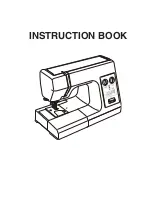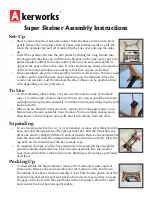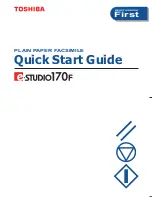
C
H
A
I
N
/
C
O
V
E
R
S
T
I
T
C
H
I
N
G
21
The chain stitch is formed using two threads: one thread in the needle and one thread in the chain
looper.
Chain Stitching looks like a straight stitch on the top of the fabric, while the chain looper thread forms a
chain on the underside of the fabric. The chain stitch has stretchability that is not found in the
conventional locked straight stitch from a sewing machine. The chain stitch is used to stabilize seams
in woven fabrics and where needed in knit fabrics. The chain stitch can also be used for sewing wide
elastic in garments and applying bias tape.
For Chain Stitch:
1. Place the machine in threading position to thread the chain looper (see page 16).
2. Follow the diagram to thread the chain looper. Open side cover of machine to make sure the thread
is through the eye of the chain looper. Trim thread to 4 inches (10cm) and lay in tray.
3. Follow the guide on pages 18-19 to thread the chain/cover stitch needle, (C-1, C-2, or C-3). Place
needle thread on top and to the left of presser foot before sewing.
4. Move the threading lever to serging position.
5. Set stitch length and other machine adjustments (see chart below).
6. Place the fabric under the needle and turn handwheel toward you two or three stitches in the fabric.
Cut the excess threads and start sewing.
Note:
All chain and cover stitches must be started with fabric under the needle(s).
CHAIN STITCH
Chain/Cover Stitch
Needle Position
C-1, C-2 or C-3
Stitch Length
3.0 - 4.0
Chain Stitching
Needle Tension
AUTO (0)
Chain Looper
Tension
2-3
















































